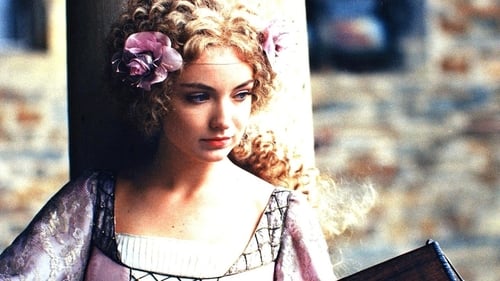
Director
The Ring in Weimar enters the second round as a family saga, political thriller and search for myths. From children who plunged in the Rhine gold into a gruesomely beautiful world of norns, mermaids, dwarves, giants and gods, in "The Valkyrie" young men and women are caught up in the horrors of reality and the horror of war, whether in the family or on the battlefields, while trying to live their ideals. In "Das Rheingold" everything seemed to be palpable, the dream like the curse. In "Die Walküre" everyone and everything is under constant observation, a fascinating eye-play between great psychodrama and ancient tragedy. Siegmund and Sieglinde stir at the taboo, love is to be regulated by law and morality.

Director
The Ring in Weimar enters its third round as a fairy tale of enlightenment and educational drama of a hero and antihero who seeks his origins and discovers his sexuality. What was meant to be a cheerful satyr play becomes a dream and trauma of re-encounters and voyages of discovery in breathtaking time lapse
Wotan and Alberich can't let each other hate each other.

Director
The Ring in Weimar enters its final round as a drama of hate, jealousy and betrayal. A dark e minor chord opens Richard Wagner's "Götterdämmerung" and creates a threatening atmosphere from the very first moment. The various leitmotifs and themes of the entire tetralogy are brought together in the "Götterdämmerung" to form a musical whole from which there is no escape

Director
Christian Thielemann conducts the Staatskapelle Dresden in this performance of Wagner's opera recorded live in 2013. The performance was held for the Salzburg Easter Festival and featured vocalists including Johan Botha, Michaela Schuster, Stephen Milling and Wolfgang Koch.

Screenplay


